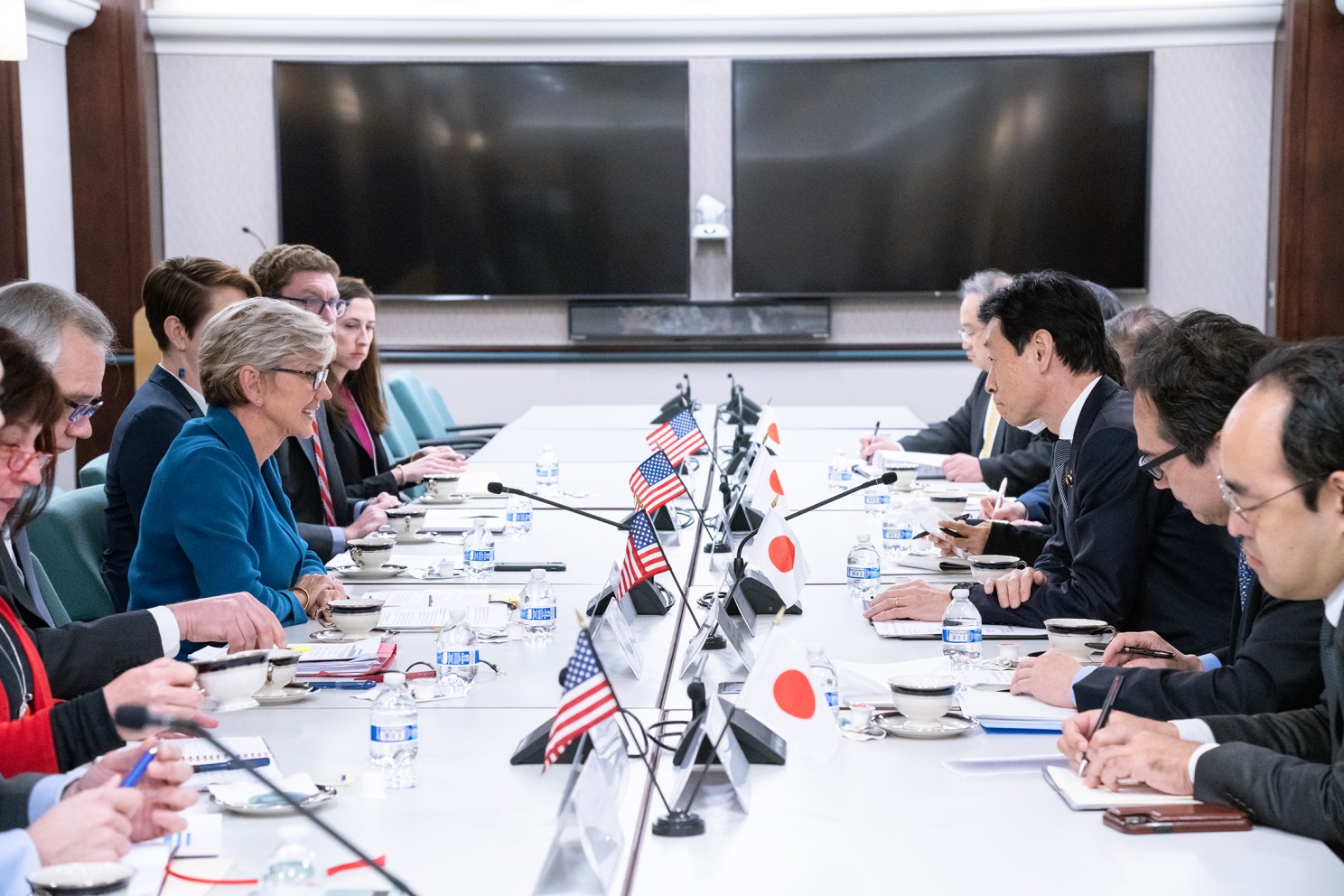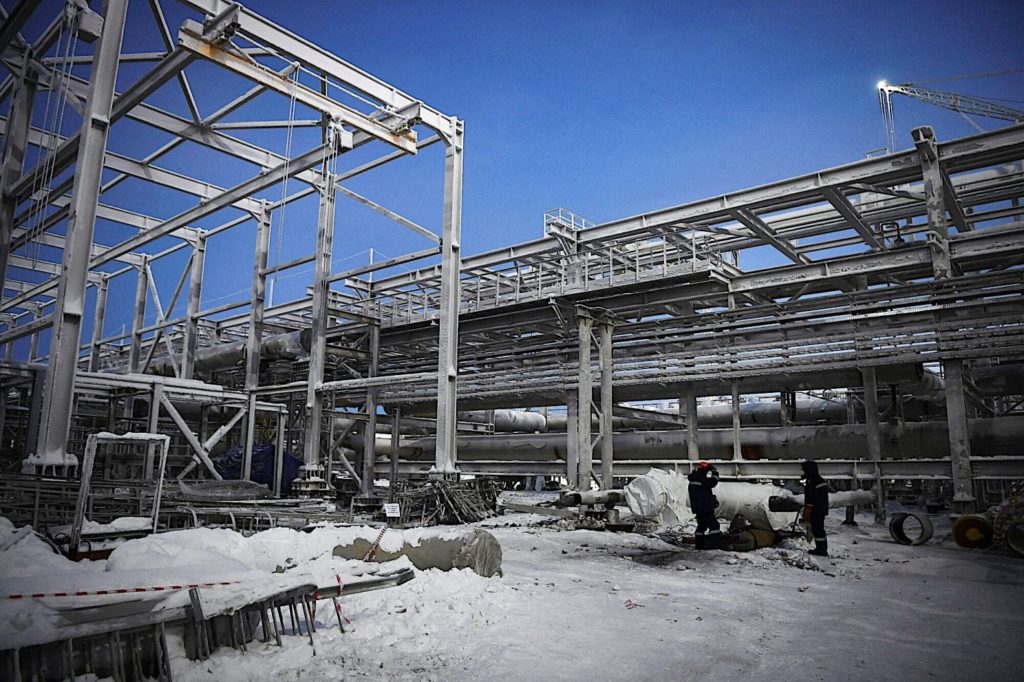
On October 16-18, METI, MOFA, and the US Department of State held the second annual Japan-US Energy Security Dialogue in Palo Alto, California.
Expressing serious concerns about the global energy and commodity market shocks triggered by Russia’s war against Ukraine, both countries reiterated the importance of continuing their energy partnership. Building on the agreement at the G7 meetings earlier this year, both countries agreed to strengthen their cooperation on the following issues:
- Global Methane Pledge: Both countries reiterated their commitment to minimize methane and CO2 emissions from the fossil energy sector
- Tracking greenhouse gas emissions: They reaffirmed their commitment to ongoing efforts with the European Commission and 15 other countries to develop a consensus-based approach for the measurement, monitoring, reporting and verification of greenhouse gas emissions from fossil fuels.
- Clean Energy Demand Initiative: Both countries will jointly advance the Clean Energy Demand Initiative’s aim of increasing investment in and corporate procurement of clean energy in third countries.
- Minerals Security Partnership (MSP): Both countries stressed the importance of enhancing energy security, in part through the responsible development of critical minerals supply chains through the MSP and other multilateral forums and emphasized the importance of recycling.
- Offshore wind, nuclear energy, and clean hydrogen: There are large opportunities for new collaboration on developing floating offshore wind technology and supply chains to be deployed in both the US and Japan. They also highlighted the importance of nuclear energy and hydrogen as a pillar of energy security.
- Regulatory frameworks and standards: Particularly for hydrogen, there is a need to implement methodologies for measuring the carbon intensity of its production methods. Both countries agreed to collaborate on certification standards through the International Partnership for Hydrogen and Fuel Cells in the Economy and other forums.
(Read more about the Joint Statement here)
Given that Japan will need to rely on international supply chains for virtually all clean energy sources, close collaboration and knowledge-sharing with the US will be key. The US is also aiming to nudge Japan to reduce its dependence on petrol states like Russia, evidenced by its more recent announcement to impose sanctions on the Arctic 2 LNG project in Russia, in which Japanese companies hold stakes.

Thank you for reading. This article has been taken from our Linkedin Weekly News Digest. If you found it engaging, please consider subscribing to it here for additional content.
